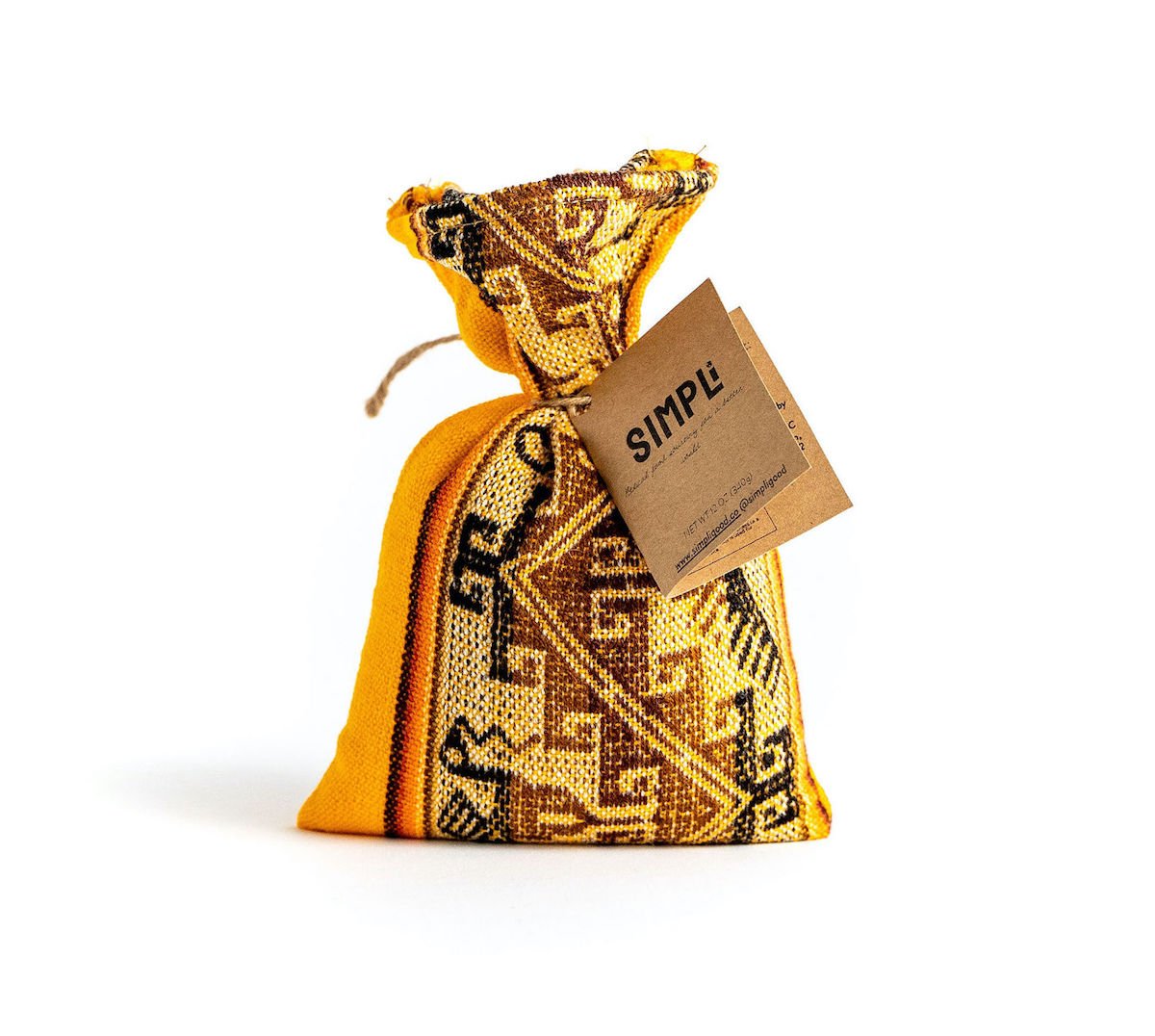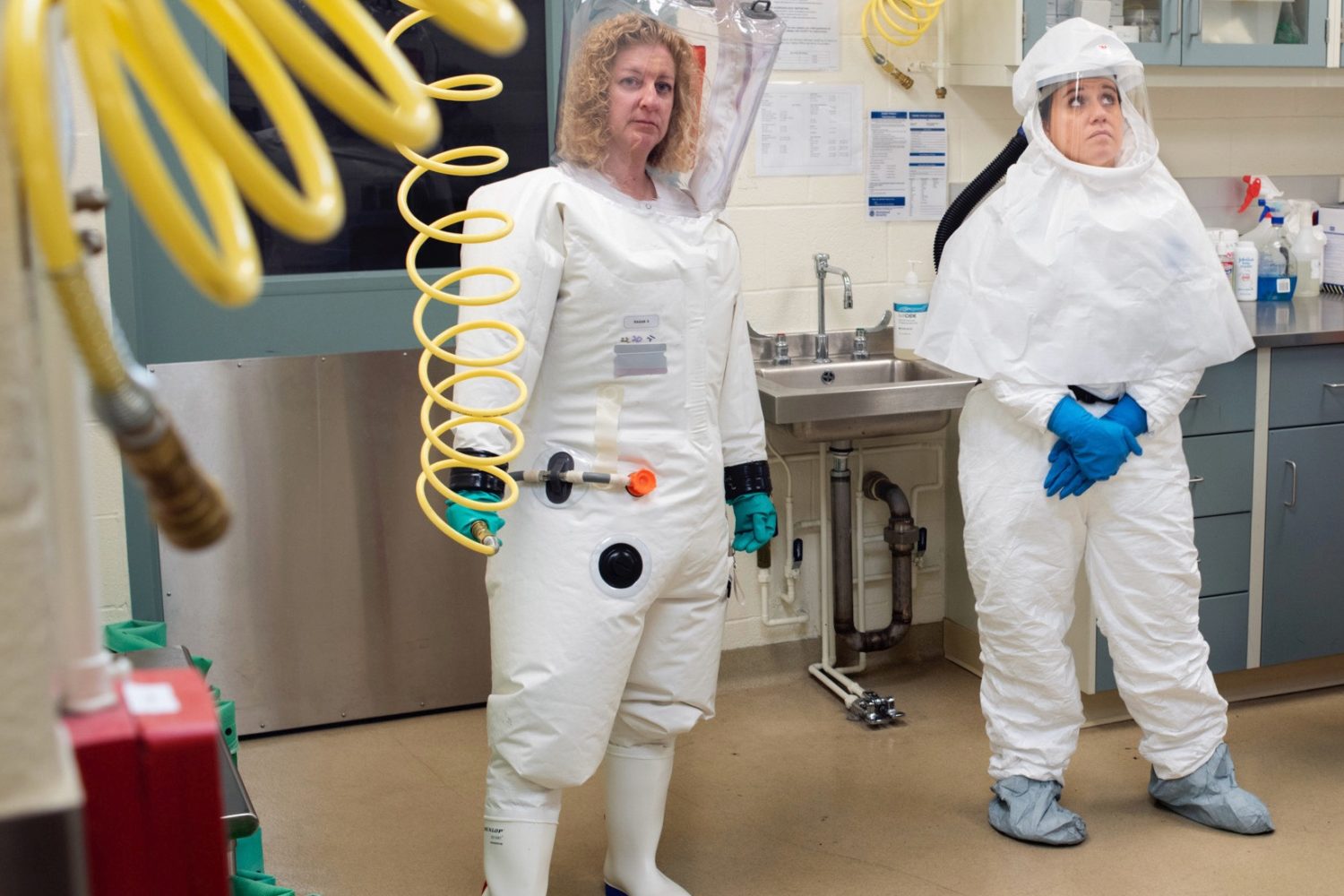Sarela Herrada was excited for spring. Cava‘s former director of food and beverage had launched her own DC-based culinary company, Simpli, in 2019, which directly imports quinoa from small family farms in Herrada’s native Peru. Two big health-minded chains, Little Beet and B. Good, were slated to exclusively use the grains starting in March and May. She and co-founder Matt Cohen just signed on &Pizza, too, for their line of Greek olive oils and kalamatas. And then Covid-19 hit, and these big restaurant accounts were put on pause.
The silver lining for consumers: Herrada is refocusing on the retail market, selling pretty hand-woven bags of white, red, and tri-color quinoa. The grains, which come directly from a network of 250 farms near Lake Titicaca, are currently available at Salt & Sundry and JRink ($10 for a 12 ounce bag). She’s hoping to partner with local groceries like Mom’s Organic Market and Streets as well, where the quinoa will retail in regular packaging for $7.

Part of what sets the small company apart is the supply chain. Herrada, who previously worked with Nike and Tiffany & Co. on global distribution, set up Simpli to eliminate the need for outside brokers, processors, and others who can take profits away from farmers and businesses, or alter the product.
“There are ten steps between the farm and business and we do them all,” Herrada says. “We go from house to house, pick up the quinoa, take it to a local warehouse, a processing plant. We’re the export of record, import of record, and distributor. By doing that we can guarantee a product of 100 percent traceability from grain to consumer.”
In addition to selling the pesticide-free quinoa, Simpli plans to launch a line of chia seeds from Paraguay as well as the Greek products. The global health crisis has altered and slowed the import process as borders and offices have closed, and the supply chain has been disrupted. But Herrada says she’s determined to move forward.
“The indigenous communities sometimes get forgotten through all of this because we’re focused on ourselves first,” she says. “The economy hits them as hard, if not harder. We have to purchase product—harvest is here in these communities. I’m hopeful we’re able to open a different market for them because they rely on it.”



















